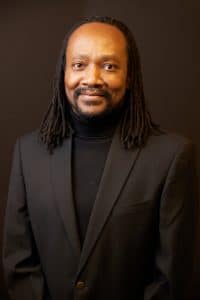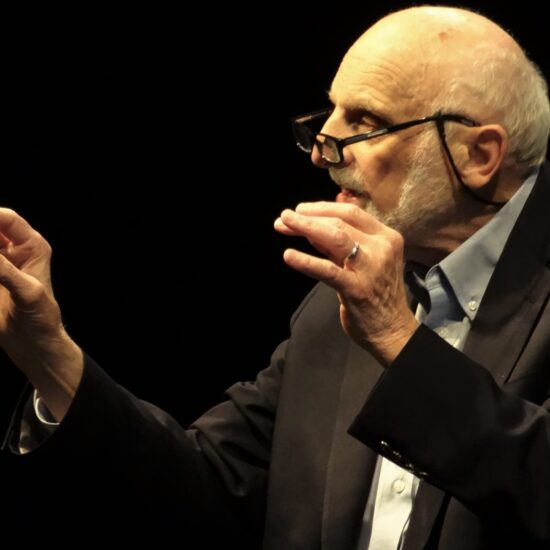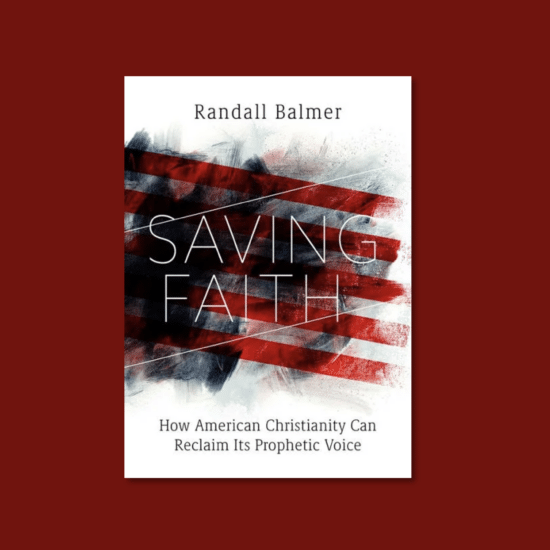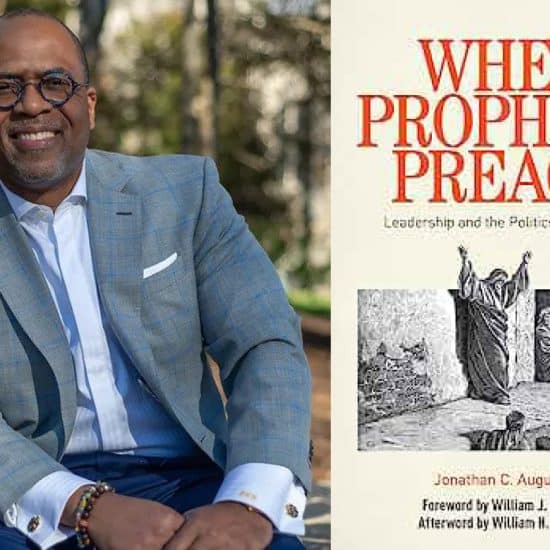
On any given day, while scrolling through my newsfeed on Facebook, it is easy to see that many people are eager to make lots of money. There are any number of sponsored ads that encourage people to become content creators, invest in cryptocurrencies, or “make moves” like a boss. While the pursuit of wealth has always been a hallmark of American society, the current social media era and the rise of the gig economy seem to have led to dramatic increases in people’s willingness to step out on their own and try to make a lot of money. And while the more explicit prosperity gospel of the ’90s and early 2000s may have fallen out of favor, many Christians remain staunchly committed to, or at least tacitly accepting of, the unbridled pursuit of wealth.

Chris Dorsey
It’s not enough to have a career or pursue a livelihood that allows you to have a house, put your kids through school, and give back to your community. People seem to be eager to make millions or even billions, by starting businesses, investing in the stock market, or coming up with an idea that will lead to untold wealth. There is evidence to suggest that this kind of ambition is working. From 1990 to 2020, the number of billionaires in the United States went from 66 to 614. I’ve sometimes heard this ambition referred to as having an “entrepreneurial spirit.” By connecting the word spirit to the concept of wealth accumulation and profiteering, it gives the impression that there is almost a divine impetus at work in motivating people to become rich. As a Christian leader, I’m uncomfortable with such an uncritical alignment between faith and profit.
Of course, this idea is not new. In fact, one has to look no further than Max Weber’s well-known work The Protestant Ethic and the Spirit of Capitalism to get a sense of how this relationship has been described by social scientists. For Weber, puritan ideals around labor and value helped propel the rapid expansion of capitalism throughout Northern Europe. One point made by Weber is that the nature of work itself was seen by early modern Calvinists as being part of the practice of faith itself. This led to greater efficiency and productivity, while promoting the idea that the economic fruits were directly relational to work ethic and faith practice.
In our current age, we seem not to have gotten away from this marriage between wealth and faith. It seems like we are doubling down on it.
Even as many have come to understand that so many of the social ills of history (segregation, mass incarceration, climate change, etc.) are connected to the uncritical and unbridled accumulation of wealth, we as a society are undeterred by this reality. Whenever we see people pursuing the opportunity to become extraordinarily wealthy and move toward billionaire status, we celebrate them as having an entrepreneurial spirit and think they are simply making use of a gift that presumably has been granted them by God.

Visual Stories || Micheile / Unsplash
I am certainly not against people making money. I also think it’s reasonable that people should be able to enjoy the fruits of their labor and be able to ensure a higher quality of life for their family. What I’m troubled by is the notion that too much is never enough. Often, the entrepreneurial spirt that people talk about, becomes a thing unto itself. It does not lead to people using their ambition to address the problems of the world. Ultimately the entrepreneurial spirit just leads people to make more and more money for themselves, with little concern for how the systems and companies they create might be leaving more poverty and social devastation in their wake.
I wonder if there is a way for us to encourage responsible entrepreneurial practices, without uncritically celebrating the kind of unbridled wealth accumulation that contributes to oppression & injustice and runs counter to the Christian faith.
Actually, there is. It’s called the prophetic spirit.
Throughout the scriptures, when societies and leaders have been prone to embrace practices that lead to excessive wealth in the hands of a few and the neglect of basic needs of others, there have been those within the community who have been inspired to speak out and sound the alarm. At times forthright and belligerent, these individuals have been motivated by a justice-seeking spirit of love and compassion. A spirit that speaks against systems of oppression and exploitation. This spirit is found consistently throughout the scriptures. One example of this spirit is mentioned in both the prophetic book of Isaiah and in the gospel of Luke:
The Spirit of the Lord is upon me,
because he has anointed me
to bring good news to the poor.
He has sent me to proclaim release to the captives
and recovery of sight to the blind,
to let the oppressed go free,
to proclaim the year of the Lord’s favor.
That’s not exactly a money-making spirit.
We certainly need more people who are willing to work, make a good living, and engage in responsible and sustainable business practices. These are all things that are required to build up our communities and transform the world toward greater justice and mercy. But as Christians, we probably don’t need elevate unbridled profiteering to a spiritual practice by labeling it as an entrepreneurial spirit. At the end of the day, we need fewer billionaire profiteers and more justice-seeking prophets.
The Rev. Bernard “Chris” Dorsey serves as President of Higher Education & Leadership Ministries (HELM) of the Christian Church (Disciples of Christ). An ordained Disciples minister, he received his BS from the University of Texas at Austin, earned a M.Div from Garrett-Evangelical Theological Seminary, and is a Ph.D. Candidate at the Divinity School of the University of Chicago. Throughout his career, Chris has consistently been called upon to lead and support strategic planning process; help organizations transform their practices and policies to achieve greater diversity, equity, and inclusion; and worked to create forward leaning leadership development programs for youth and young adults.






